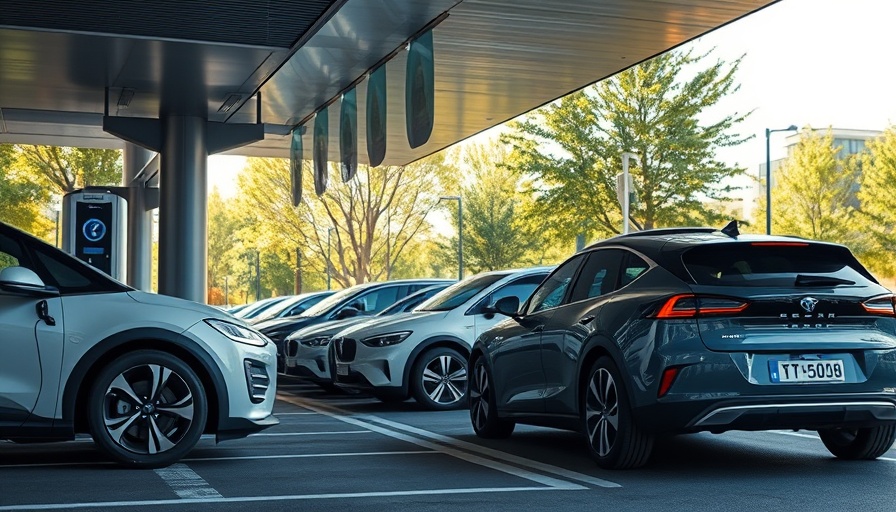
Understanding Washington's Proposed Speed Limiter Law
In a significant move aimed at enhancing road safety, Washington State is pushing forward with legislation that could mandate the installation of speed limiters in all new vehicles. This initiative, proposed by local lawmakers, would make it almost impossible for some drivers to exceed speed limits, thereby reducing the risk of high-speed accidents.
Why Speed Limiters Matter
With rising traffic fatalities attributed to speeding, speed limiters are being considered a critical tool in promoting safer driving habits. By controlling the maximum speed a vehicle can reach, these devices could potentially save countless lives, making them a focal point of discussions among policymakers and safety advocates.
Historical Context: A Shift in Regulatory Measures
Historically, speed regulations have been reactive, often following tragic incidents. However, the move towards preemptive measures like speed limiters signals a proactive shift that reflects changing societal attitudes towards road safety. Countries across Europe have already incorporated similar measures, leading to a notable decline in traffic accidents.
Stakeholder Perspectives: Who's in Favor and Who Isn’t
The proposal has garnered mixed reactions from various stakeholders. Safety advocates laud the potential lives saved, while some automotive industry representatives voice concerns about the economic implications and technological challenges of retrofitting existing vehicles. Autonomy, freedom of choice, and concerns about implementation costs are also significant aspects of this debate.
Future Predictions: Is a National Trend Ahead?
If Washington passes this legislation, it could set a precedent for other states to follow. As concerns over vehicular safety continue to rise nationwide, especially among younger drivers, could we see a nationwide push for speed limiters? Strategically, this legislation might also serve to align with broader initiatives aimed at reducing climate footprints through regulated vehicle performance.
Potential Challenges and Implementation Hurdles
Introducing speed limiters comes with its own set of challenges. Issues such as the varying speed limits across different regions, potential technological glitches, and the cost of implementation must all be addressed. The state will need to collaborate closely with automotive manufacturers to create effective and seamless solutions.
The Broader Impact: Changing Driving Culture
A successful implementation of speed limiters could lead to a cultural shift in driving behaviors, promoting a shared understanding of responsibility on the road. As drivers adapt to these restrictions, it could create an environment where safe driving practices become the norm rather than the exception.
This proposed law represents a pivotal moment in road safety legislation, one that could redefine driving standards across the country. Washington's initiative serves as both a challenge and an opportunity for stakeholders across the automotive industry and beyond.
 Add Row
Add Row  Add
Add 

 Add Row
Add Row  Add Element
Add Element 




Write A Comment